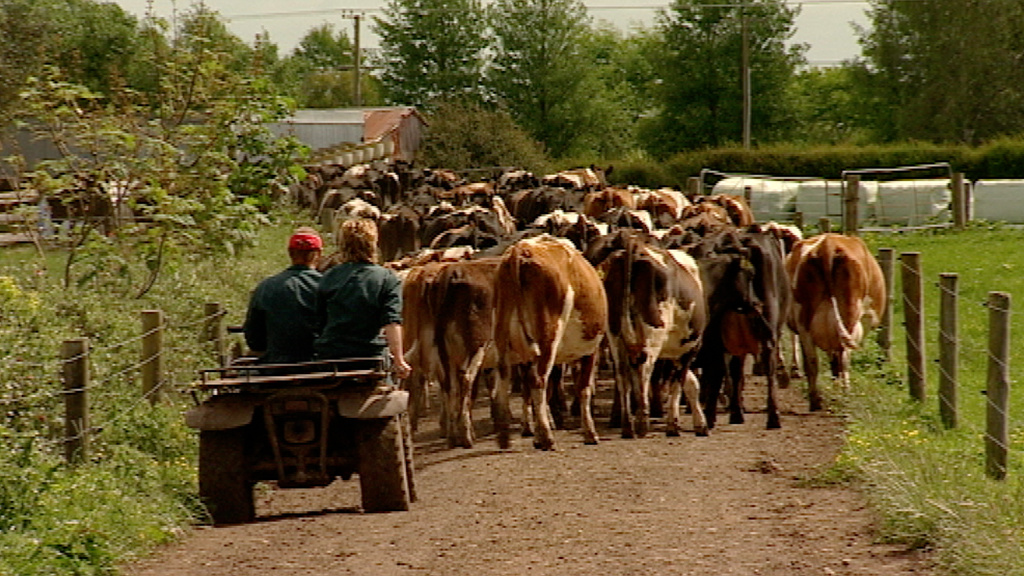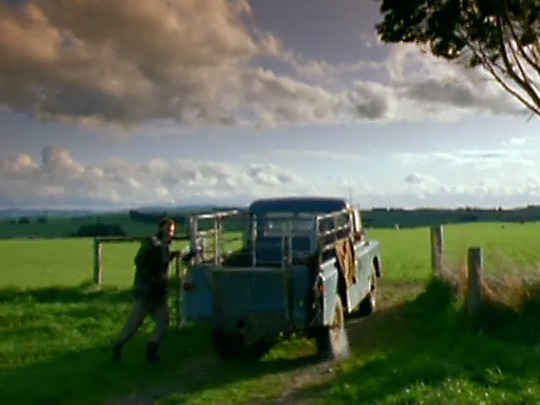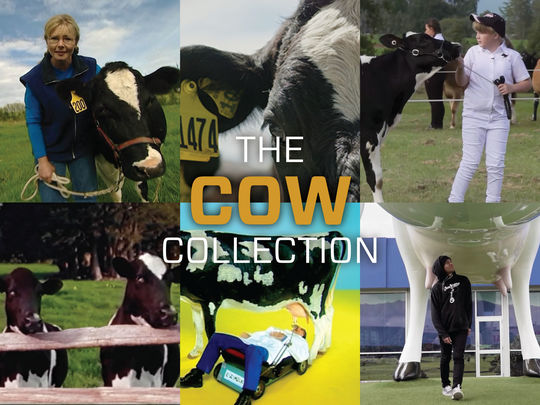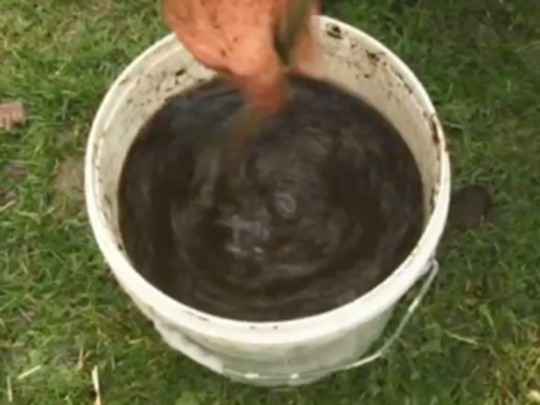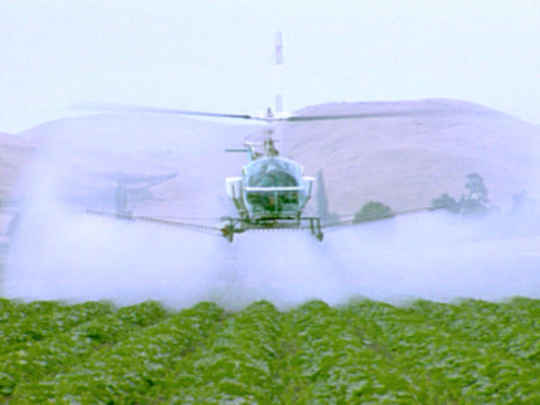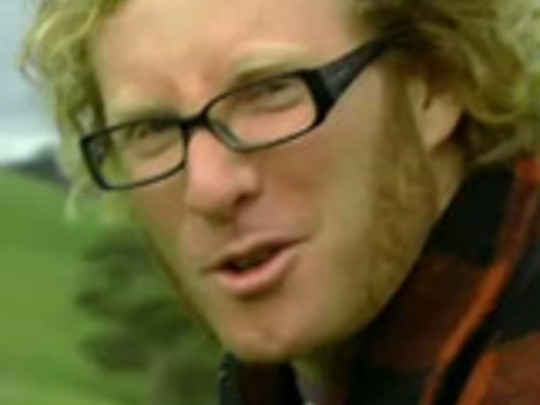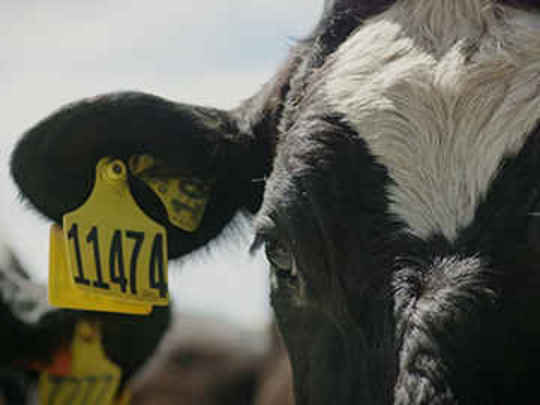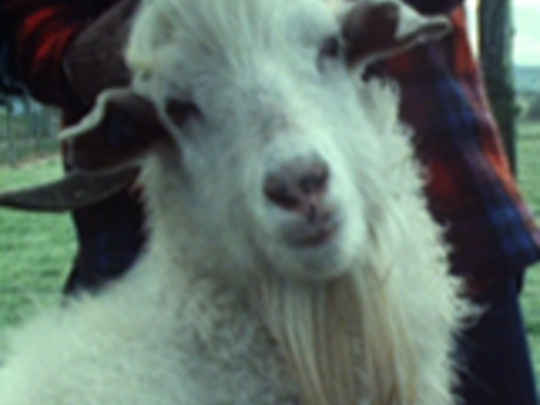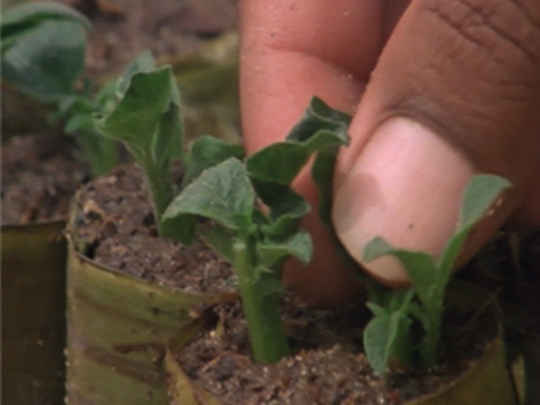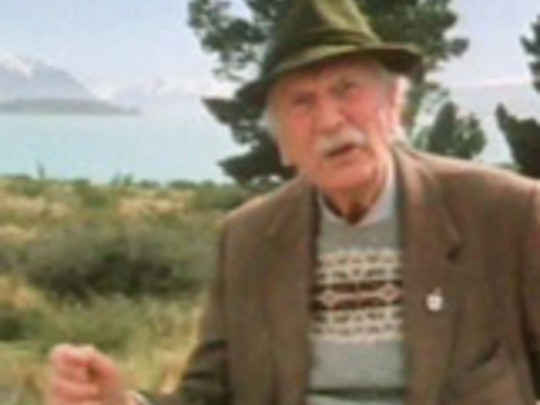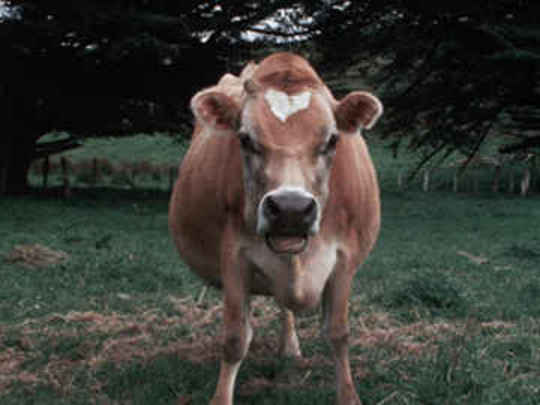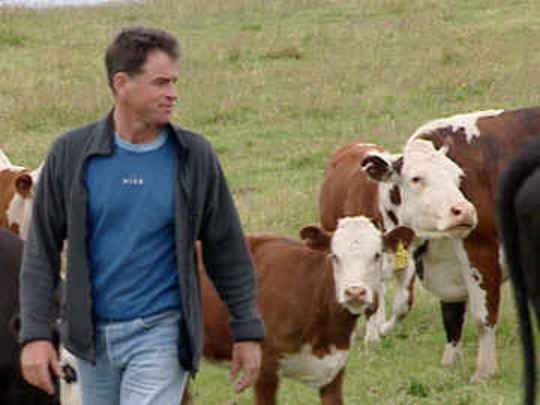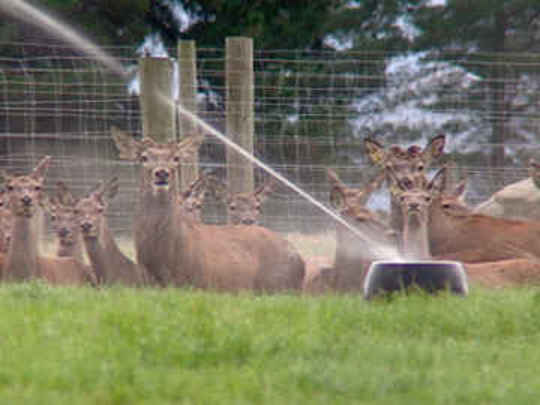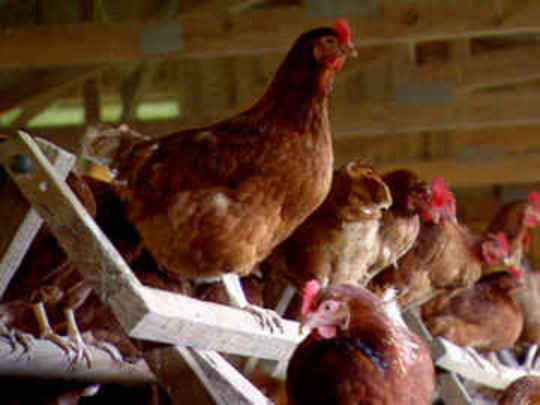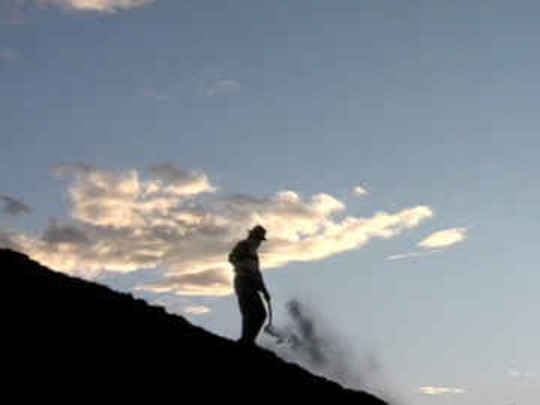Country Calendar - The Grass is Greener
Television (Full Length Episode) – 2007
A Series Perspective
In many countries that produce television, you can often find one or two shows off in a corner, away from their stablemates. The shows I'm talking about are rarely about bells, whistles, and any kind of spectacle; instead these programmes are rocks, in a world marked by change and the constant threat of cancellation. They just are.
Country Calendar is one such show. Even the title is a sign of solidity, with its reminders of the routine and the grand. Over a history spanning 50-plus years, it has won all major domestic awards in its categories (from Feltex to Qantas) plus gongs at international festivals.
Still, it would be wrong to say that New Zealand's longest-running programme was born perfectly-formed. When pipe-smoking radio man Fred Barnes introduced the first episode on 6 March 1966, back in the talking head days of television, the emphasis was on interviews and rural news (though it featured short shot-on-location segments, right from the start). The show had been requested by Broadcasting's Director-General Gilbert Stringer — and despite protestations to the contrary, the intended audience was farmers. During Barnes first big interview, the show's Italian producer caused consternation by insisting on dimming the lights every time a question was asked (see clip, two minutes into 40 Years of Country Calendar).
In the 70s, producer Tony Trotter and director John Whitwell helped drag Country Calendar out of the studio and onto the farm, so each episode could be devoted to a single item. Eventually the studio element was dropped altogether. In the process, Country Calendar found the relaxed approach that has made it a ratings winner over 50 years. And not just for rural audiences; urban dwellers seem to see in it a taste of the past, or a lifestyle they might have chosen. Country Calendar takes a gentle approach — one where people and places matter, and the reporter and camera stand by the gate observing. Longtime Country Calendar reporter turned producer Frank Torley recalled a film editor telling him that when he worked on Country Calendar and every fibre in his editor's being called to move to the next shot, he made sure to count to three first.
Over the years the show's presenters have included weatherman Jim Hickey, A Dog's Show presenter John Gordon, and actor Peter Hayden. A notable Christmas 1973 episode, directed by Murray Reece, featured legendary farming funnyman Fred Dagg making a rare early appearance, alongside six sons named Trevor. In 1983 Country Calendar even devoted a show ('First Blood, Last Rites') to the filming of the Vincent Ward feature Vigil, on a Taranaki farm (the conclusion of the farmers who helped out: "filmmaking is hard work").
Country Calendar has not lacked for award-winning photography. But really the people are the thing. And they have been everyone from daffodil growers and horsebreakers, to vintners and eel farmers, and moving with the times, organic brewers and adventure tourism operators. As Country Calendar Director Tony Benny has reflected: "what's kept Country Calendar going is people — and some of them have been real characters."
At the end of the season, the Country Calendar team have sometimes changed tack to gentle comedy. Occasionally their efforts even manage to pull the wool over our eyes. Some of the show's best known spoofs are found in this Spoofs Special — like the radio-controlled dog, and the wire fence plucked as a musical instrument.
Country Calendar's extended pedigree has seen it reflecting changes in agriculture — from horseback mustering to organic market gardening — and in television itself. In the increasingly commercially-driven 90s it moved to Saturday nights (after 23 years in a Sunday slot), and a sponsor's name was added to its title. Still, you can shift a rock and slap a shiny sticker on it, but some shows will just keep on keeping on. And long may it be the way.
John Gordon, a Country Calendar reporter from 1976 to 1984, has his own thoughts on why the show has lasted for so long: "Everyone likes to see something that's greener looking, nicer looking, and seems a more peaceful place to live. And occasionally actually stop and admire the fortitude, financial and physical, and the sheer guts that it takes sometimes to farm in New Zealand."
- Ian Pryor is editor of NZ On Screen.
